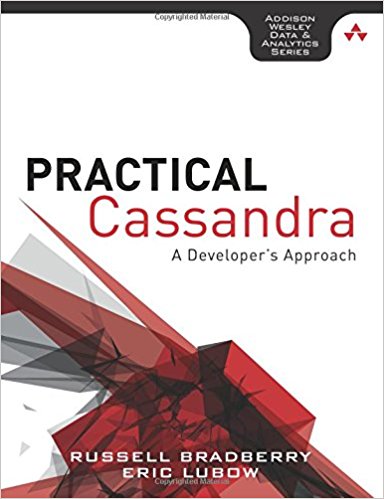I think I am going to get back onto my soapbox about being extraordinarily secure, only this time, I am going to compare it to ease of use. I would once again like to reiterate the fact that I am strongly for security in all its aspects. However, some people get into the presence of a security individual and freak out. They start saying that they know certain things are secure and insecure and then do them anyway.
A great example of this is SSH access to servers. Consider the following physical network layout.
,---------- Server I
Inet---------|F/W|---+----------- Server II
`----------- Server III
If you want to leave certain nice to do’s or ease of use functionality available to your self such as leaving SSH open only to root or having a machine with anonymous FTP access available, then take a slightly different approach to securing your environment (or those particular machines): layered security. Without changing the physical layout of your network, change the network layout using iptables and/or tcp wrappers. Make the network look more like this:
,------Server II
Inet-----|F/W|----Server I--<
`------Server III
This is essentially saying that all traffic that you want to funnel to Server II or Server III will now go through server I. This can be used in a variety of ways. Let's say that all 3 servers are in the DMZ (De-Militarized Zone) and that Server's II and III are hosting the services available to the outside. Allowing direct access to them via SSH or FTP probably isn't the best idea because these are services that allow files to be changed. So what can we do to change this?
First let's configure TCP wrappers. Starting out with the assumption that you are being paranoid where necessary, let's set SSH up to only allow incoming connections from Server I and deny from everywhere else. In the /etc/hosts.deny file on Server II, add the following lines (everything that goes for Server II goes for Server III to mimic the setup):
1 2 | sshd1: ALL sshd2: ALL |
Now in the /etc/hosts.allow file on Server II, add the IP address of Server I (IPs are all made up):
1 2 | sshd1: 167.4.5.23 sshd2: none |
This now ensures that the only way SSH traffic will be allowed Server II is through (or from) Server I. But let's say that isn't enough for you. Let's say you want a little more security so you can sleep a little better at night. Enter netfilter and IPTables. On Server II, add the following to your firewall script:
1 2 3 4 | iptables -A INPUT -p tcp --dport 22 -j SSH # Send to the SSH chain iptables -A SSH -s 167.4.5.23/32 -j ACCEPT # Allow from Server I iptables -A SSH -m limit --limit 5/s -j LOG # Log the problems iptables -A SSH -j DROP # Drop everything else |
So what's the point of all this extra configuration? Simple, it allows for a little more flexibility when it comes to your setup. Although I recommend having SSH keys and not allowing direct root access from anywhere, you can get away with a little more. You can allow root access via an SSH key. And if you have enough protections/layers/security in place, you may also even consider using a password-less SSH key depending on what the role of the contacting server is (ie. rsync over SSH).
In the optimal version of a network setup with SSH, you may want to only allow user access to Server II via entry only through Server I. Then to top it off, only allow sudo access to root if the user is in the sudoers file. This throws a lot more protections behind Server II, but makes it somewhat complicated to just do something simple. This is especially true if Server II is on an internal network which isn't very accessible anyway. The advice I generally give is in the form of the question, "What is tradeoff?" More times than not, ease of use the answer. So keeping in mind that ease of use isn't out of the realm of possibility, just remember that layered security can be your friend. It's usually how the tradeoff comes.

